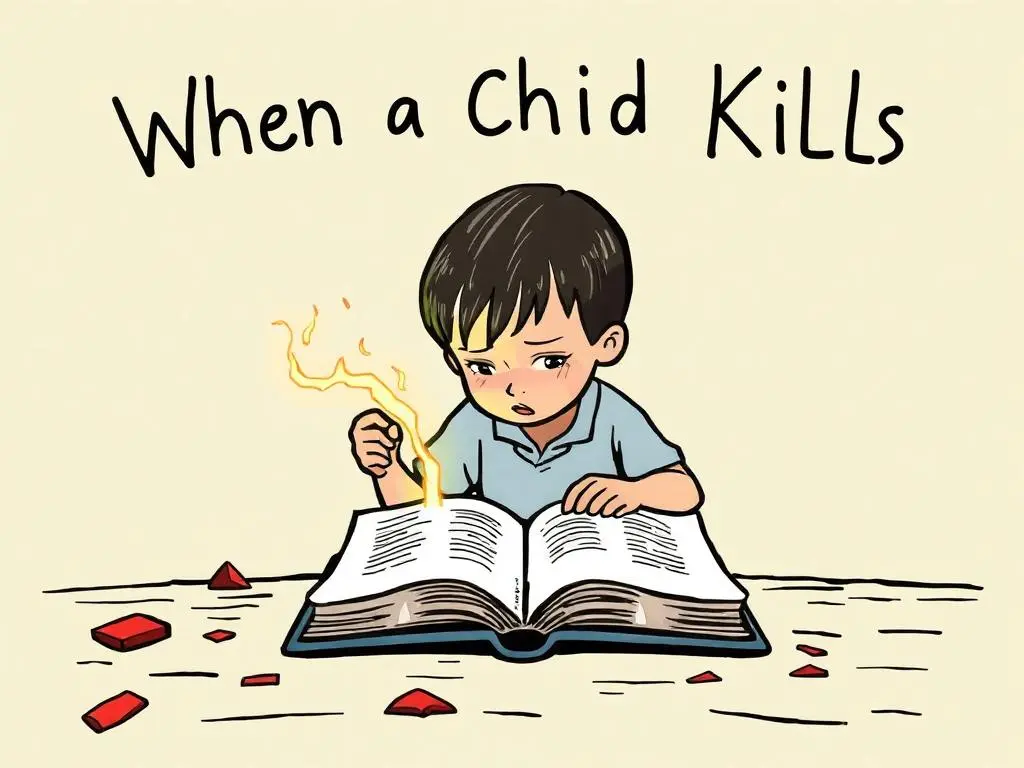Our Time Is Now, by Stacey Abrams: An Excerpt
SUPPRESSION STARTS WITH WHO BELONGS HERE
Our nation’s core narrative can be summed up in the disconnect between the Constitution’s pledge of equality and the rampant disregard for that ambition that has plagued the United States of America ever since. Though the Founding Fathers gave a nod to universal equality in the Declaration of Independence, they abandoned the aspiration by the time they penned the country’s organizing documents. Let me be clear here: the codification of racism and disenfranchisement is a feature of our lawmaking—not an oversight. And the original sin of the U.S. Constitution began by identifying blacks in America as three-fifths human: counting black bodies as property and their souls as nonexistent.
Voting rights are the most basic tenet of our democracy, and the bare minimum one should expect from the government. Our presidents can send our neighbors to war. Local elected officials decide the mundane questions of trash pickup and the weightier issues of hospital closures. At every level of our lives in this republic, we choose men and women to speak for us, yes, but also to determine the direction of our daily lives. And all it takes is a teachers’ strike or a government shutdown to remind us how vital elections can be to the daily rhythms of life.
Over the course of our history, the right to vote had to be purchased by blood and protest in each generation. The Revolutionary War included enslaved patriots and Native Americans who would be denied citizenship once the nation became official. The savagery of the Civil War had no clearer argument than whether blacks were property or human beings capable of self-governance. Even the suffrage movement tangled with complex issues of gender and race, where white women would benefit from obtaining suffrage while working to deny the same to the black women who helped power the movement.
[ Return to the review of “Our Time Is Now.” ]
But the right to vote is not simply a request for voice in the conduct of the affairs of state. People have sacrificed their lives in pursuit of the most profound currency of citizenship: power. Because, let’s be honest, that is the core of this fight. Power is the right to be seen, the right to be heard, the right to direct the course of history and benefit from the future. In the United States, democracy makes politics one of the key levers to exercising power. Simply put, the struggle for dominion over our nation’s future and who will participate is a battle royal for America’s power, full stop.
However, the battle has long targeted the marginalized and the dispossessed, cordoning off the right to vote for a select group, from the beginning. In the first full year of our nation’s founding, the Naturalization Act of 1790 passed to prevent anyone except former slaves and “free white persons” from becoming citizens. This targeted the Native Americans who had occupied the nation long before the Mayflower reached American shores. Having dispatched with the potential of too many freed slaves by enshrining slavery into the founding documents, the U.S. Supreme Court cemented this position in Dred Scott v. Sanford (1857), deciding that blacks could not be considered American citizens and had no standing to challenge slavery. Chief Justice Roger Taney wrote, “A negro, whose ancestors were imported into this country, and sold as slaves” was permanently disenfranchised because a black person inherently was “[not] a member of the political community formed and brought into existence by the Constitution.”
The notion of “political community” lay at the heart of this denunciation of black participation in American democracy, creating a private club where the only accepted members had to look and act the part. At the country’s inception, the Founding Fathers decided who would be deemed worthy of citizenship; and they used, as a measuring stick, the ability to maintain the class and power structure that had laid the foundation for their wealth and political dominance. Not surprisingly, only white men were granted such esteemed status. Dred Scott, in contrast, was an enslaved man who had been moved along with his wife and children into first Illinois and then the Wisconsin Territory. Under the laws of the time, Scott and his family were due to be freed because the slave owner had remained too long in a territory that did not allow slavery. Scott sued for his family’s emancipation; but Justice Taney, rather than reviewing the law, went to the fundamental question of whether Scott had the right to sue in a court of law, a perquisite of citizenship. Justice Taney rejected Scott’s bid for freedom because he did not see in Dred Scott the markers of privilege that would entitle him to redress. That is to say that because Scott was not a white male, one whom the Founding Fathers had deemed worthy of citizenship when the Constitution was written, Justice Taney and the majority of the Supreme Court held that Scott and all descendants of African slavery were permanently barred from citizenship. Despite later decisions overturning Dred Scott’s case, Justice Taney set a course for the intervening centuries to test our battle for voting rights. For Justice Taney and his ilk, only privileged white men had the constitutional rights of citizenship and the right to chart the course of the nation. From the mundane decision of taxation to the sale of human chattel, the Constitution envisioned the narrowest class of power brokers, and constraints on citizenship are the most effective means to filter out the interlopers.
What is so damning about Dred Scott is the absolute denial of citizenship—of participation in power—to an American who had every reason to believe he was entitled to the protection of membership. With the decision in Scott’s case, states continued to deny the rights to citizenship. Slavery flourished until the Civil War, and even in the free states, blacks were allowed to be state citizens but had no say in federal laws or decision making. Each time the most effective marker of citizenship—the right to vote—is suppressed, there are echoes of Justice Taney’s edict. Those who cannot vote have no say in the operation of government, which creates a permanent state of powerlessness.
[ Return to the review of “Our Time Is Now.” ]




